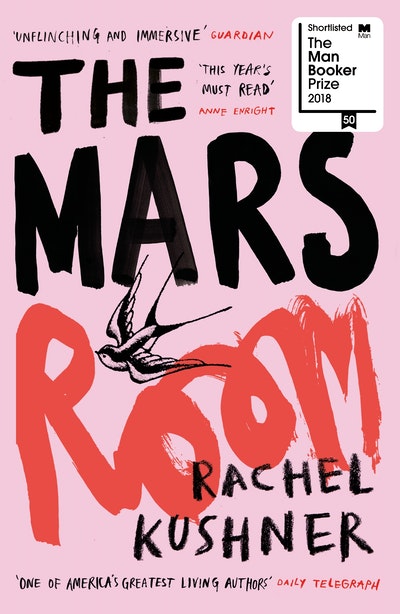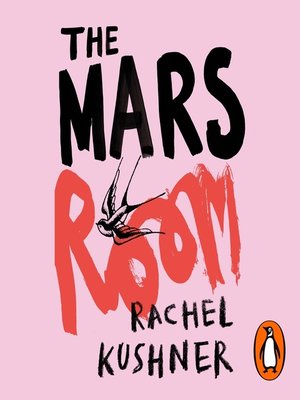

There’s baby killer Laura Lipp, who veers toward caricature with her “big creepy smile” and incessant yammering to anyone who will listen. Some are more clearly defined than others. When not delving into Romy’s bleak present or periodic flashbacks to her PCP-fueled coming-of-age in San Francisco’s Sunset District, back before “the grocery store on Irving was gourmet” and “people who looked like frat boys crowded the streets, wearing college sweatshirts and sipping health drinks out of giant Styrofoam containers,” Kushner periodically introduces other characters to the narrative mix. Though Romy comes off as mild-mannered, especially when reminiscing about Jackson, her adolescent son, the reveal that she bludgeoned disabled Vietnam vet Creep Kennedy to death with a tire iron is just one of many clues that Kushner isn’t holding anything back. She killed a former customer turned stalker from the Mars Room, the nightclub in San Francisco where she worked.

Most are painted in such graphic detail that it’s easy to forget the book is actually a work of fiction.įor the most part, the novel is narrated by Romy Hall, a 29-year-old stripper serving two consecutive life sentences. In the end, however, the baser human instincts of greed and envy drive the plot to its conclusion and the truly surprising revelation of whodunit.What happens behind Stanville’s walls, and the stories of how some of the women ended up in prison, are the focus of Rachel Kushner’s absorbing, in-your-face third novel, “The Mars Room.” As is par for the course given the subject matter, many of the scenes alternate between gritty and sparingly matter-of-fact. Bollen ’98CC is an editor at large at Interview magazine, and his fictional artists seem drawn from real life: they may sometimes behave outrageously, but their musings on the uneasy relationship between art and commerce are thought-provoking and insightful.

The tensions between the affluent New York artists who want to make a home in Orient and the suspicious families who have lived there for generations are cleverly and authentically articulated.

Christopher Bollen’s thriller may be, at times, a little far-fetched, but the author adeptly captures the insular vibe of a small town. The plot of Orient resembles that of a Stephen King novel: carcasses of mutant creatures wash up on the beach innocents die in cruel ways and the villagers all but wave pitchforks as moneyed city slickers invade their hamlet. When Paul Benchley rescues a homeless teen from the streets of Manhattan and invites him to his summer home in the sleepy village of Orient, New York, he sets off a series of events that starts with a drowning and ends in multiple murders.


 0 kommentar(er)
0 kommentar(er)
